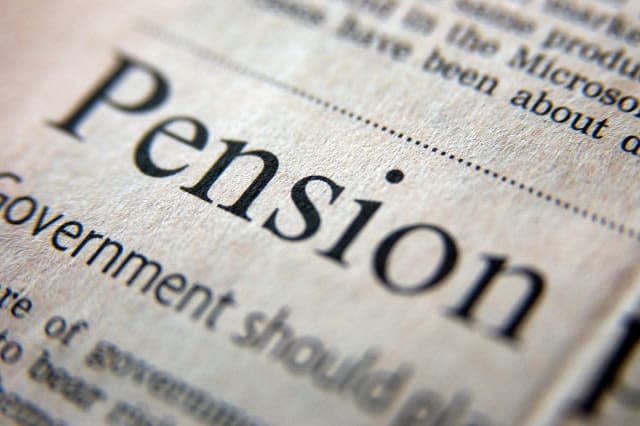Pensions will still be the most tax-efficient way to save after April

Shrewd savers can take £28,000 a year in returns tax free under changes which take effect in April, a respected think tank has found.
The Institute for Fiscal Studies (IFS) said those who can arrange their savings to take up to £1,000 of interest income, £5,000 of dividend income and £11,000 of capital gains could take out the sum entirely free of tax, if they also use their income tax personal allowance.
The report also found that pensions remain the most tax efficient form of saving with auto-enrolment making it more attractive than any other option with a similar return due to matched contributions from employers.
For a basic-rate taxpayer a net £70 contribution to a pension by their employer is worth the same as a £100 contribution to an ISA, the study into the effect of tax and charges on savings found.
Meanwhile, the introduction of Universal Credit (UC) will create "huge disincentives" to hold more than £6,000 of savings in cash or shares for the seven million families affected.
But those who have UC withdrawn as their earnings rise will have a "very big incentive" to put their money into a pension.
Property remains an attractive form of saving although investment in a home in which to live holds more tax advantages than buying houses to let, even before recently announced changes to mortgage interest for landlords.
On charges, the IFS found an annual charge of 1% on funds could have the equivalent effect of charging basic-rate income tax on returns.
For similar reasons, a low-charge ISA can offer a better return than a high-charge pension despite the tax advantage associated with the latter, the report said.
Stuart Adam, one of the report's authors said: "The last few years have seen radical changes announced to the taxation of savings.
"These will take millions of people's savings out of the tax net altogether.
"Ideally people might make savings decisions based on the underlying risks and returns of different assets.
"But taxes and charges can significantly change the relative attractiveness of different savings options.
"If people are unsure about how taxes and charges might change, their decisions become even harder."



